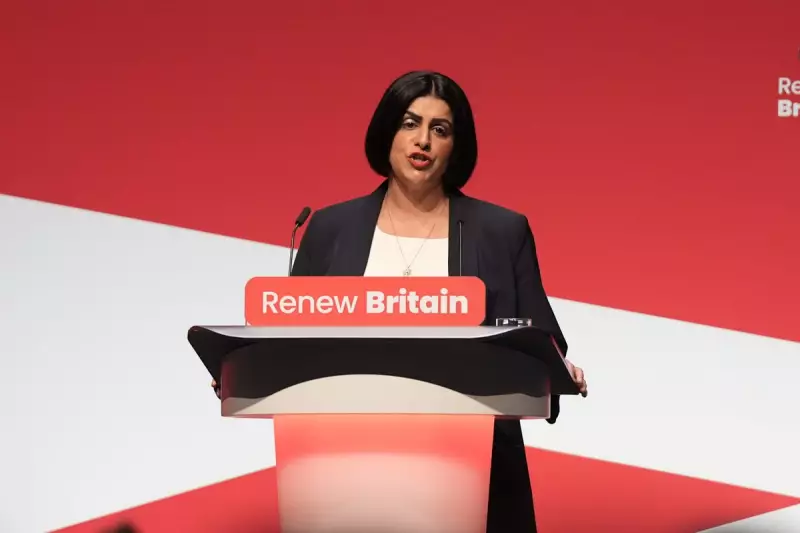
In a dramatic parliamentary confrontation, Cabinet Minister Michael Gove has publicly challenged the Labour Party to disclose whether any of its representatives have engaged in discussions with controversial far-right activist Tommy Robinson.
The explosive exchange occurred during a Commons debate where Gove faced intense scrutiny from Labour's Shadow Home Secretary Yvette Cooper regarding the government's newly proposed definition of extremism.
Political Firestorm Erupts
The tension escalated when Gove turned the tables on his opponents, demanding transparency about potential connections to the English Defence League founder. "Could I ask the right honourable lady to confirm whether any member of the Labour Party has ever met with Tommy Robinson?" Gove challenged, creating a stunned atmosphere in the chamber.
Cooper swiftly dismissed the allegation as a diversion tactic, accusing the government of employing "political game-playing" instead of addressing serious security concerns. The sharp retort highlighted the deepening political divisions surrounding the government's approach to combating extremism.
Definition Debate Intensifies
At the heart of the controversy lies the government's revised extremism definition, which now characterizes it as "the promotion or advancement of ideology based on violence, hatred or intolerance." This broader formulation has sparked concerns among three former home secretaries and multiple faith groups who warn it could potentially stifle legitimate freedom of expression.
Critics argue the new definition lacks precision and may inadvertently target mainstream political and religious discourse. The government maintains these changes are necessary to address evolving threats in an increasingly polarized political landscape.
Security Versus Civil Liberties
The debate underscores the delicate balance between national security imperatives and the protection of fundamental civil liberties. As political tensions continue to mount, the Robinson allegations have added fuel to an already combustible situation, raising questions about political associations and counter-extremism strategies.
With both major parties trading accusations and demanding greater transparency from their opponents, the extremism debate has transformed into a broader examination of political integrity and the boundaries of acceptable discourse in British politics.






